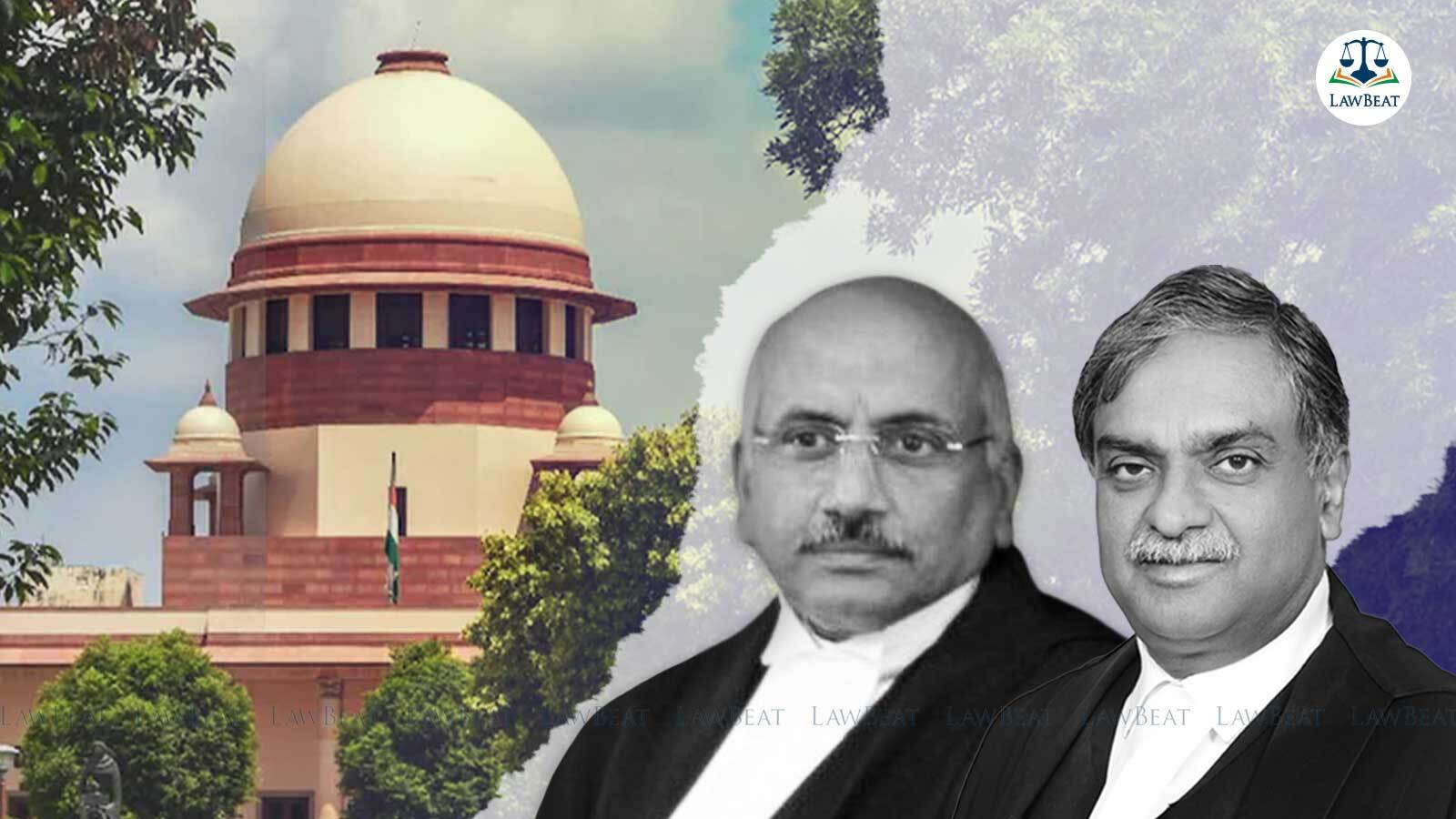Manner of filling application form and appearing in written exam must be complied, as per Job advertisement, to maintain probity: Top Court

Supreme Court allowed an appeal filed by UOI while holding that the answer sheets have to be filled in the language chosen by the candidate in the application form.
The Supreme Court on Monday held that when the advertisement published for a job post contemplates the manner of filling up of the application form and also the attempting of the answer sheets in the written examination, it has to be done in the manner so prescribed.
A division bench of Justices Hemant Gupta and Vikram Nath while stressing upon the use of same language throughout the recruitment process said,
"The language chosen is relevant to ensure that the candidate who has filled up the application form alone appears in the written examination to maintain probity. The answer sheets have to be in the language chosen by the candidate in the application form."
Union of India filed an appeal before the Top Court against the dismissal of their appeal by a Division Bench of the Allahabad High court.
The division bench had upheld a single judge bench's order asking UOI to consider the candidature of one Mahendra Singh.
An Employment Notice was published to fill up 11952 posts of Constables in the Railway Protection Force. As per Para 8 Clause B of the Advertisement, an application form was to be filled up by the candidates in their own handwriting, in Hindi or English only.
Singh filled up his application form along with Indian Postal Order in English. His signatures were in English consisting of two letters “M” and “S”. Such application form was accompanied with a self-attested marksheet of high school examination and other certificates. All such documents were self-attested and signed in Hindi.
In the written test, Singh wrote the paragraph in Hindi on the OMR sheet, though in the application form, he had written it in English. He signed in Hindi then. Subsequently, when he appeared for the Physical Efficiency Test, he again signed as “M S”.
Top Court noted that the requirement to write a paragraph in the application form was to compare the handwriting of the candidate in the event of any dispute of identity which may arise as to whether the same person has appeared for the written examination who had filled up the application form.
Also, the Supreme Court refused to agree with the High Court's reasoning that since the application form was filled up in 2011 whereas the examination took place in 2013, Singh had filled up Column No. 3 of the OMR sheet in Hindi inadvertently on account of time gap between the filling up of the application form and the examination.
"Once the writ petitioner has filled the application form in English, having also signed in English, it cannot be said to be an inadvertent mistake when he has written the para in Hindi. Such writing in different language violates the instruction clearly mentioned in the advertisement...", the division bench held.
In conclusion, while allowing the appeal, the top court held that the use of different language itself disentitled the writ petitioner from any indulgence in exercise of the power of judicial review.
Case Title: UNION OF INDIA & ORS. vs. MAHENDRA SINGH
